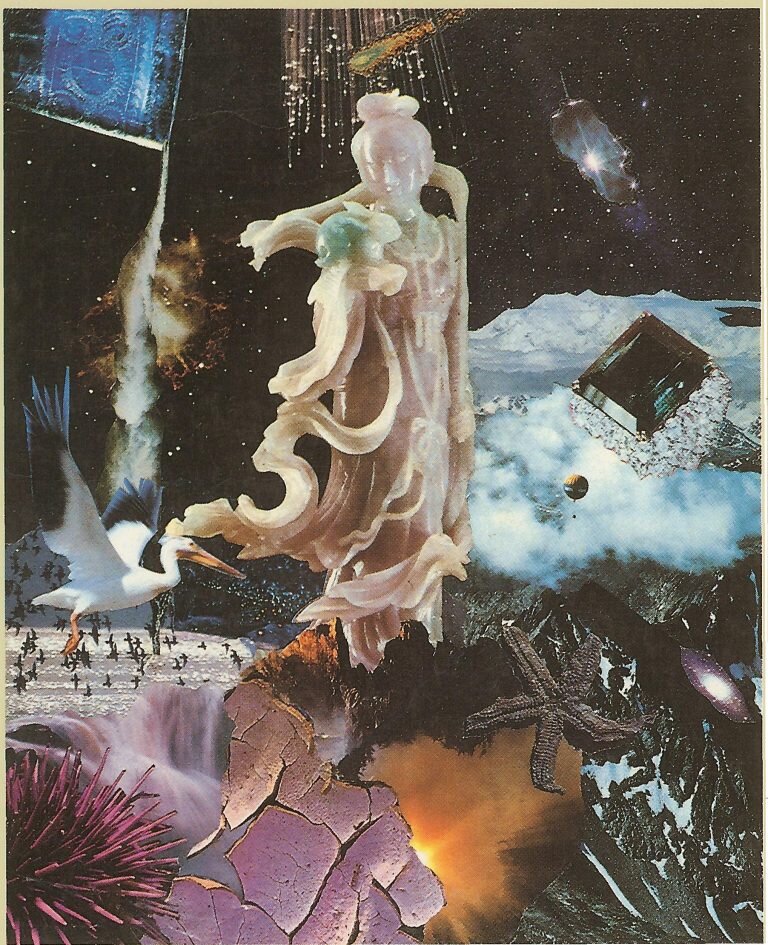The Shining
This is how I see speaking in public:
I’m on a tricycle exploring corridors that seem to go on forever, with richness all around. Up ahead, joy! A corner to lean into … and then, boom!
These two.
::
Six years ago, I had never seen a horror movie before. Then my husband, Brent, convinced me to watch Stanley Kubrick’s The Shining. He promised it wasn’t that scary, and I actually loved the film’s excellent direction and haunting visuals, not to mention Lloyd’s impeccable bartending. But I’ve never been so terrified. The build-up of tension and dread was excruciating.
The scene with the twins was particularly hard to bear. I’m not sure exactly why. Symmetry is horrifying, or maybe little girls? At first sight of the twins, the crash of film-score music jarred my gut and brought me up short, just like Danny on his tricycle.
“Hello, Danny,” they said.
My throat swallows itself whenever I think about it.
::
Music-business author Ari Herstand and other thriving entrepreneurs suggest that independent creatives should devote 50% of their time, energy, and investments to creating, and the other 50% to sharing their creative work so it can be seen. As an introvert and hermit who may have a sensory-processing disorder, I shun that other 50%.
Yet this is my chosen path. So last year, I got creative with showing my work. I made a game of it and called it “The Shining.” I posted a photo of the twins near my desk and tried to revel in the horror and humor of it all whenever I sat down to write.
I failed miserably. The twins ate me for breakfast nearly every day.
::
Why such fear? Vocal coach Arthur Samuel Joseph says the fear of public speaking—which is almost everyone’s #1 fear—actually has two fears lurking beneath it. The first is the fear of abandonment. The second is the fear of owning your power.
To those I would add the personal dread of adding to a permanent online data record compiled by oligarchs who sell it to the four billion corners of the internet. Something Rebecca Solnit said in a recent Guardian interview resonated with me. When asked if she feels that social media has been a force for good in giving people a voice, she replied:
“I think the people who own Google and Twitter and Facebook have chosen to violate our privacy, monetise our personal data, they’ve chosen to tolerate propaganda, disinformation, corruption of elections. A lot of really good people have used these technologies for good, back to the Arab spring and Occupy Wall Street, but the people who own them and profit from them don’t give a damn about human rights and democracy, or equality of voice and accuracy of information.”
Fear of abandonment.
Fear of owning your power.
Fear of being a pawn in someone else’s power game.
That about sums it up.
::
I made a game of “The Shining” because I think it’s important to run toward what scares you. But I forgot something about how the mind works: what you pay attention to grows. Focusing on fear, even as a game, creates more fear. Trying to defeat something tends to make it stronger.
So I surrendered. I took down the photo of the Shining twins. In its place, I posted a photo of The Star, card 17 from the major arcana of the Tarot, which represents the law of luminosity.
The Star, card XVII from the Voyager Tarot by James Wanless, PhD
In the foreground is the Buddhist goddess of compassion, Kwan Yin. In some traditional tarot decks, The Star shows a woman washing her hair in a river. A star hangs in the sky above, and two vessels beside her hold life-giving water, her gift to all who need it.
The Star signifies optimism, openness, and hope, even in times of great trial. That’s the kind of energy I want to bring to the world.
So I’m taking this blog, 108, which began as a strange numerological experiment, and refashioning it as a portal into creative process. Step through it with me.

